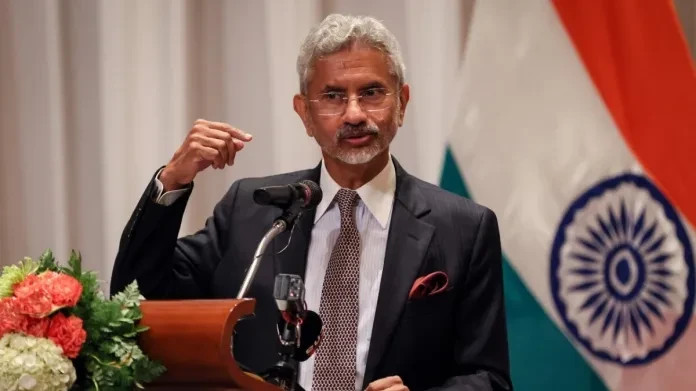The recent 5-day trip to Southeast Asia by the Minister of External Affairs of India took place on the occasion of New Delhi preparing to celebrate the 10th anniversary of the implementation of the Act East Policy.
At his first stop, S. Jaishankar hosted meetings with Prime Minister Lee Hsien Loong and senior officials of Singapore, including his counterpart, Vivian Balakrishnan. The two sides discussed ways to strengthen the relationship between the two countries, as well as the situation in the Indo-Pacific and West Asia regions. The relationship between India and Singapore was historically rooted in strong commercial, cultural and people-to-people links. The two countries have over 20 regular bilateral mechanisms, dialogues and exercises.
The relations between India and the Philippines have also developed positively in recent years, especially in the field of defence. According to Philippine media, the meeting between Indian Minister of External Affairs S. Jaishankar and his host country counterpart Enrique Manalo mentioned the promotion of trade and tourism cooperation between the two fast-growing economies of Asia, as well as the cooperation in defence, maritime sector, food security, health care and technology. India is the Philippines' 15th largest trading partner and 13th largest export market, with a total bilateral trade turnover exceeding 3 billion USD by 2023.
During his visit, stressing the importance of maritime cooperation between India and the Philippines, S. Jaishankar said that as two countries that operate heavily in the Indo-Pacific, India and the Philippines have great potential in maritime cooperation.
The Indian diplomat's last stop on his Southeast Asia business trip was Malaysia. In an article published in Hindustan Times, expert Rahul Mishra from the Centre for Indo-Pacific Studies under the Jawaharlal Nehru University of India said the relationship between India and Malaysia has witnessed ups and downs but is worth noting that diplomatic officials of the two countries have resolved the challenges seriously and sincerely. With a bilateral trade turnover of nearly 20 billion USD, the two countries are trying to exceed the 25 billion USD mark by 2026.
In the context that Malaysia will assume the ASEAN chair in 2025, the visit of the Indian Minister of External Affairs also creates an opportunity for India and ASEAN to share more specifically about policies and visions in the Indo-Pacific region.
Amid the many fluctuations in the world and regional situation, India is boosting strong cooperation with ASEAN for common benefits and this is also part of New Delhi's Act East Policy. In terms of economics, ASEAN is India's fourth largest trading partner, with a total bilateral trade turnover of 131.5 billion USD during the 2022-2023 fiscal year. Regarding military diplomacy, India is looking forward to expanding its presence in the vast Indo-Pacific region, thereby affirming its role in ensuring peace and stability in the region and expanding cooperation to respond to emerging challenges.
India’s Look East Policy was announced in 1991. In September 2014, Prime Minister Narendra Modi decided to change its name to the Act East policy, demonstrating proactive and demonstrating initiative and positivity to affirm India's role and position in Asia through close connections with Southeast Asian countries. The India-ASEAN relationship has been upgraded to a comprehensive strategic partnership by 2022, reflecting the seriousness and determination of the two sides to promote cooperation and jointly respond to challenges.
Indian Prime Minister Narendra Modi once noted that the East or Indo-Pacific region is an indispensable part of India's future. The recent visit to Southeast Asian countries by the Indian Minister of External Affairs is an important step on the journey to closely connect India with ASEAN partners, thereby creating a strong motivation for New Delhi’s Act East Policy.
















